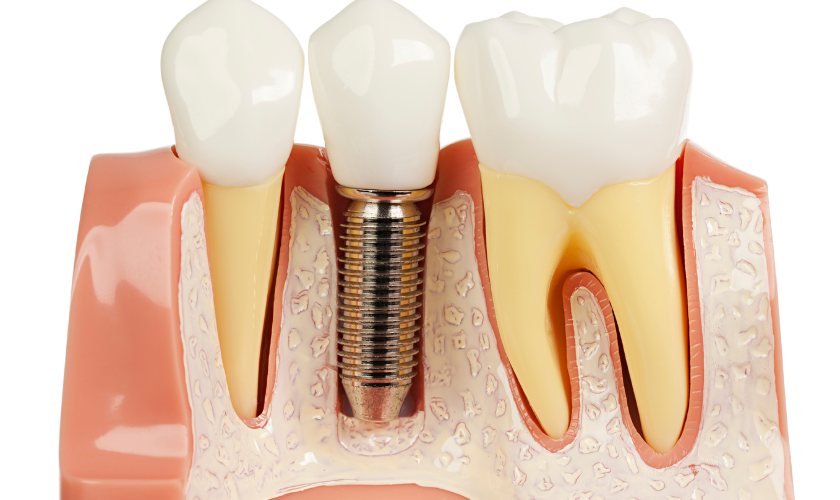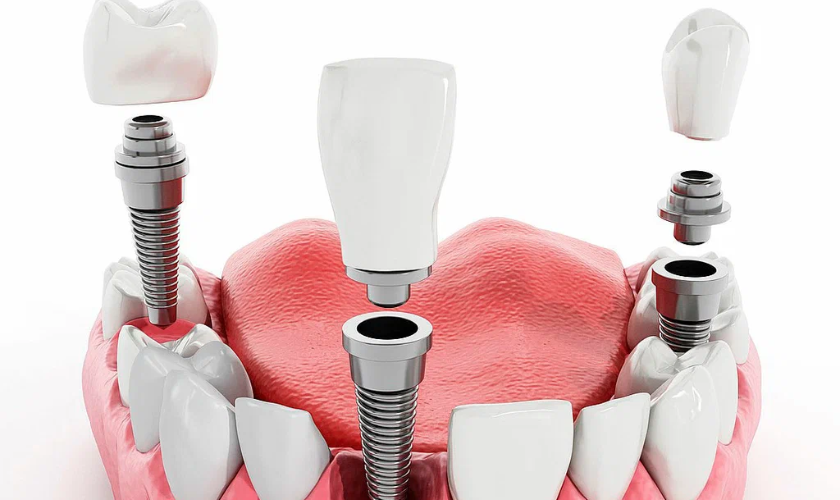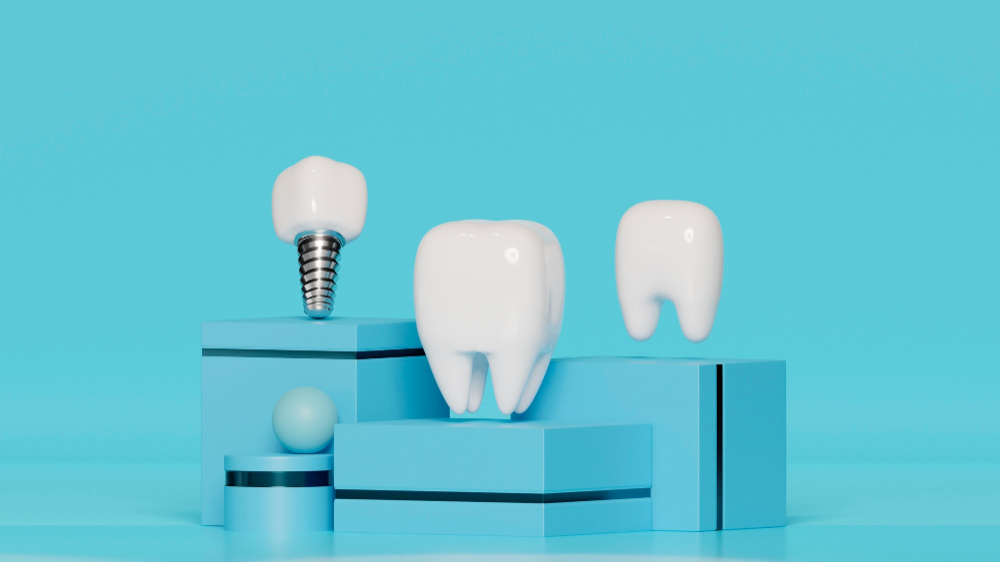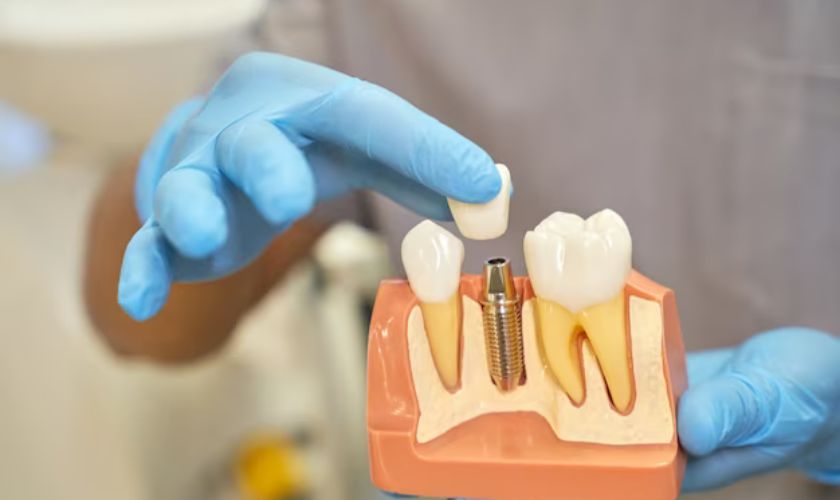
Dental implants have revolutionized the field of dentistry, offering a permanent solution for missing teeth that looks, feels, and functions like natural teeth. Whether you’ve lost a tooth due to decay, injury, or other reasons, understanding the ins and outs of dental implants is crucial for making informed decisions about your oral health. In this comprehensive guide, we’ll delve into everything you need to know about getting dental implants, from the benefits and procedure to aftercare tips and considerations.
Understanding Dental Implants
Dental implants are artificial tooth roots made of titanium that are surgically positioned into the jawbone beneath your gums. Once in place, they provide a stable foundation for replacement teeth, such as crowns, bridges, or dentures. Unlike traditional dentures or bridges, dental implants are anchored securely into the jawbone, offering unparalleled stability and functionality.
Benefits Of Dental Implants
- Improved Appearance: Dental implants closely resemble natural teeth, enhancing your smile and overall facial aesthetics.
- Enhanced Comfort: Unlike removable dentures, dental implants eliminate discomfort and irritation often associated with traditional prosthetics.
- Improved Speech: With dental implants, you can speak confidently without worrying about slippage or mumbling.
- Durability: Dental implants are designed to last a lifetime with proper care, making them a long-term investment in your oral health.
- Preserves Jawbone Health: Implants stimulate bone growth and prevent bone loss, maintaining the integrity of your jawbone structure.
The Dental Implant Procedure
Initial Consultation Your dentist will assess your oral health and determine if you’re a suitable candidate for dental implants.
Treatment Planning: A personalized treatment plan will be developed based on your unique needs and goals.
Implant Placement The titanium implant is surgically placed into the jawbone, where it will fuse with the bone through a process called osseointegration.
Healing Period It may take several months for the implant to integrate fully with the jawbone and for the surrounding tissues to heal.
Restoration Once the implant has healed, a custom-made crown, bridge, or denture will be attached to the implant, completing your smile restoration.
Aftercare Tips for Dental Implants:
Maintain Good Oral Hygiene: Brush and floss regularly to prevent plaque buildup and gum disease, which can jeopardize the longevity of your implants.
Avoid Hard Foods Refrain from biting on hard objects or foods that could damage your implants or prosthetic teeth.
Schedule Regular Checkups Visit your dentist for routine examinations and professional cleanings to ensure the health and integrity of your implants.
Quit Smoking Smoking can impair the healing process and increase the risk of implant failure. If you smoke, consider quitting to maximize the success of your dental implant procedure.
Considerations Before Getting Dental Implants
Bone DensitySufficient bone density is essential for the success of dental implants. In cases of bone loss, bone grafting may be necessary to ensure adequate support for the implants.
Overall Health Certain medical conditions, such as uncontrolled diabetes or autoimmune disorders, may affect your eligibility for dental implant surgery. Discuss your medical history with your dentist before proceeding with treatment.
Cost While dental implants offer significant long-term benefits, they can be a significant investment. Explore financing options and insurance coverage to make treatment more affordable.
dental implants offer a permanent and natural-looking solution for missing teeth, restoring both function and aesthetics to your smile. If you’re considering dental implants, it’s essential to educate yourself about the procedure, benefits, and aftercare requirements. At our team is dedicated to helping you achieve a healthy, beautiful smile with personalized dental implant solutions. Schedule a consultation today and take the first step towards a confident, restored smile.





